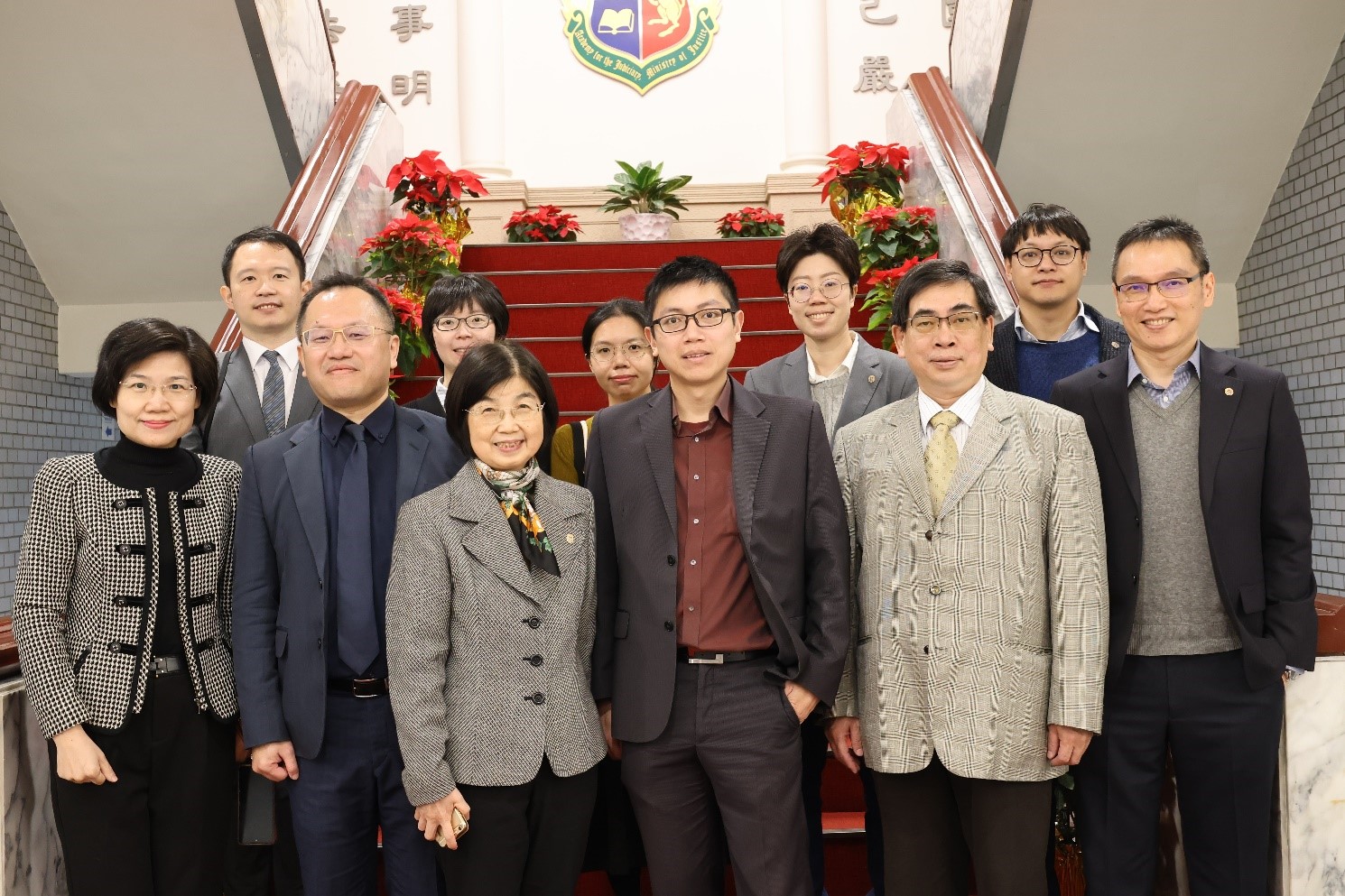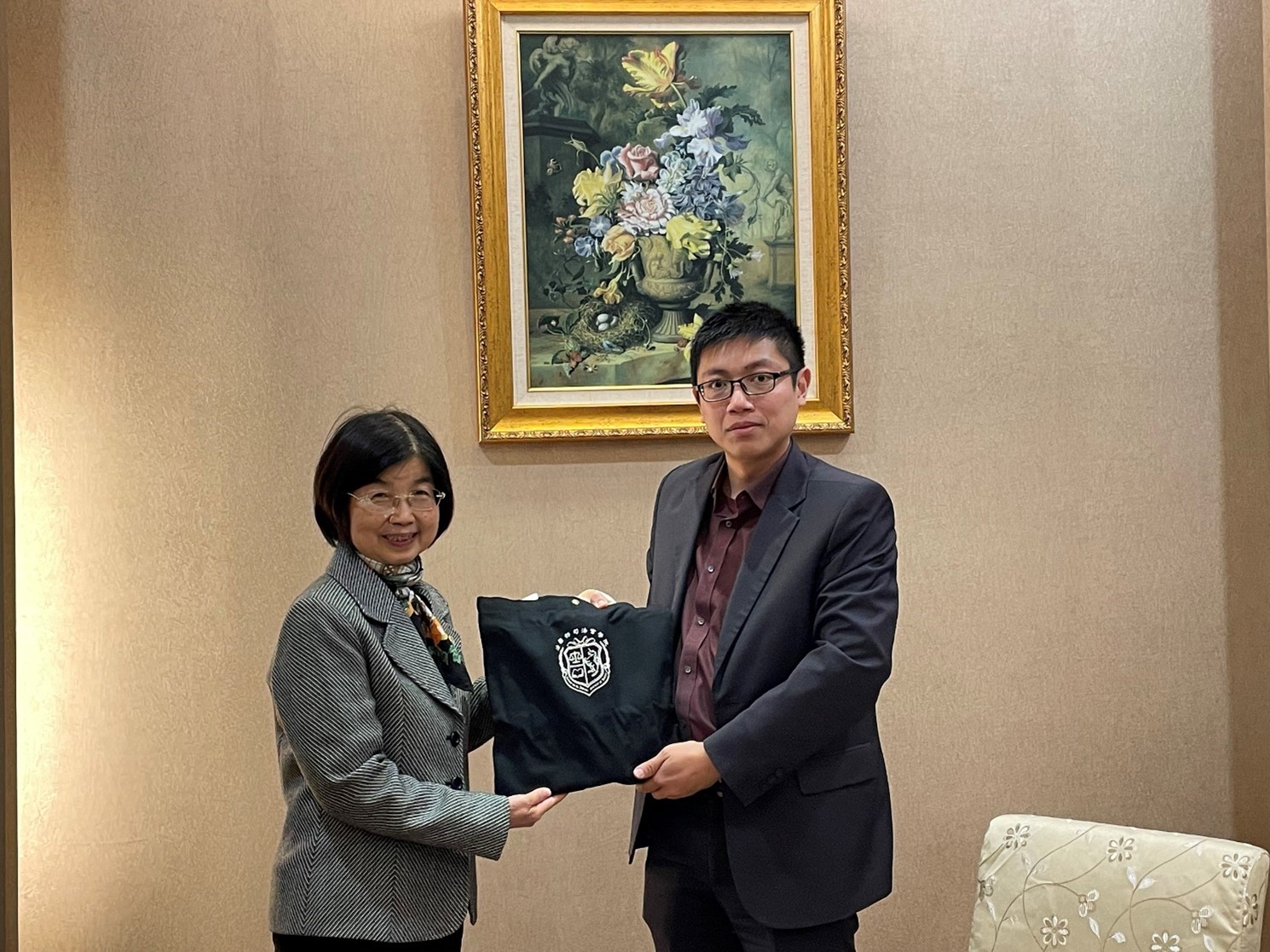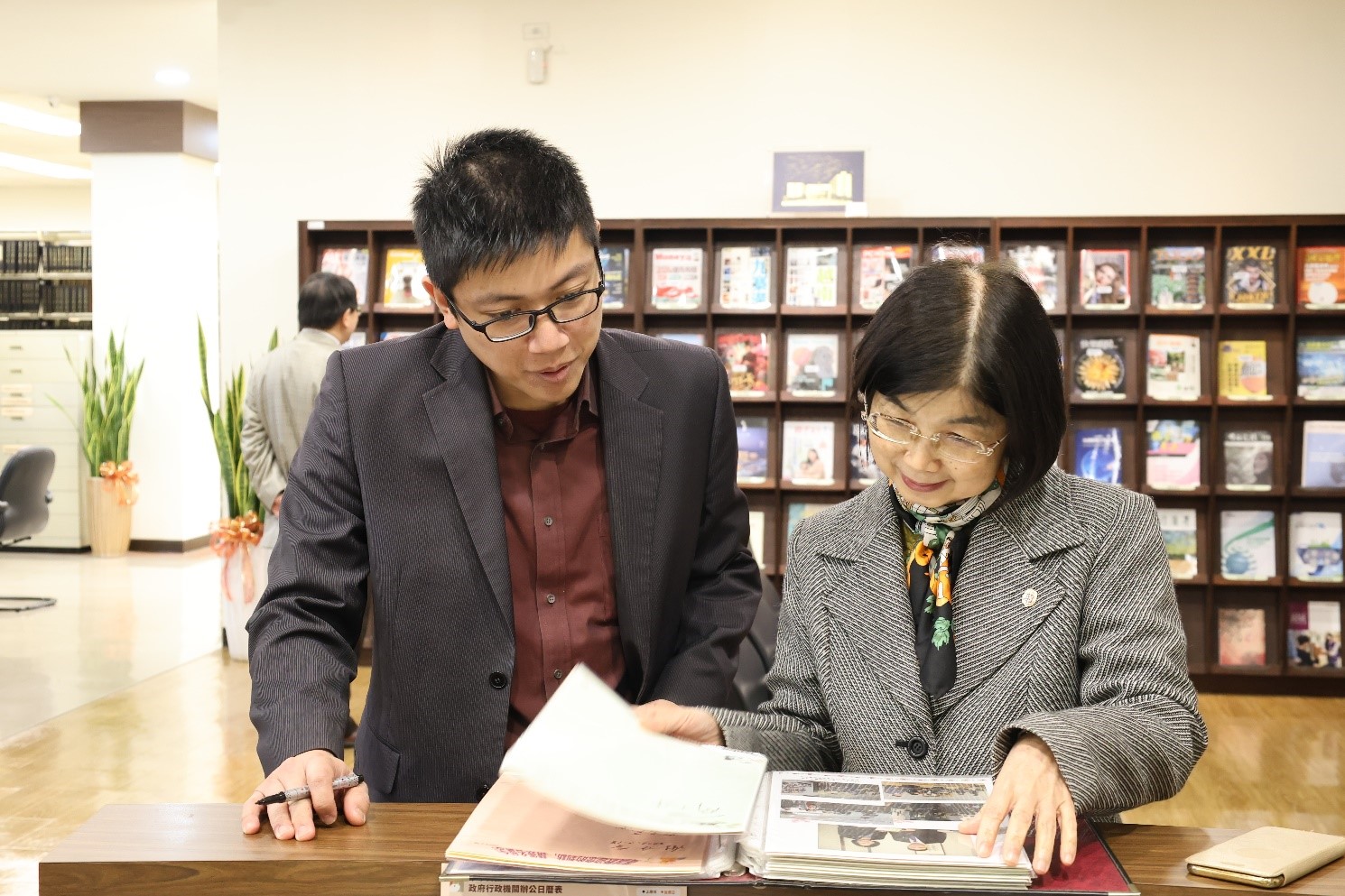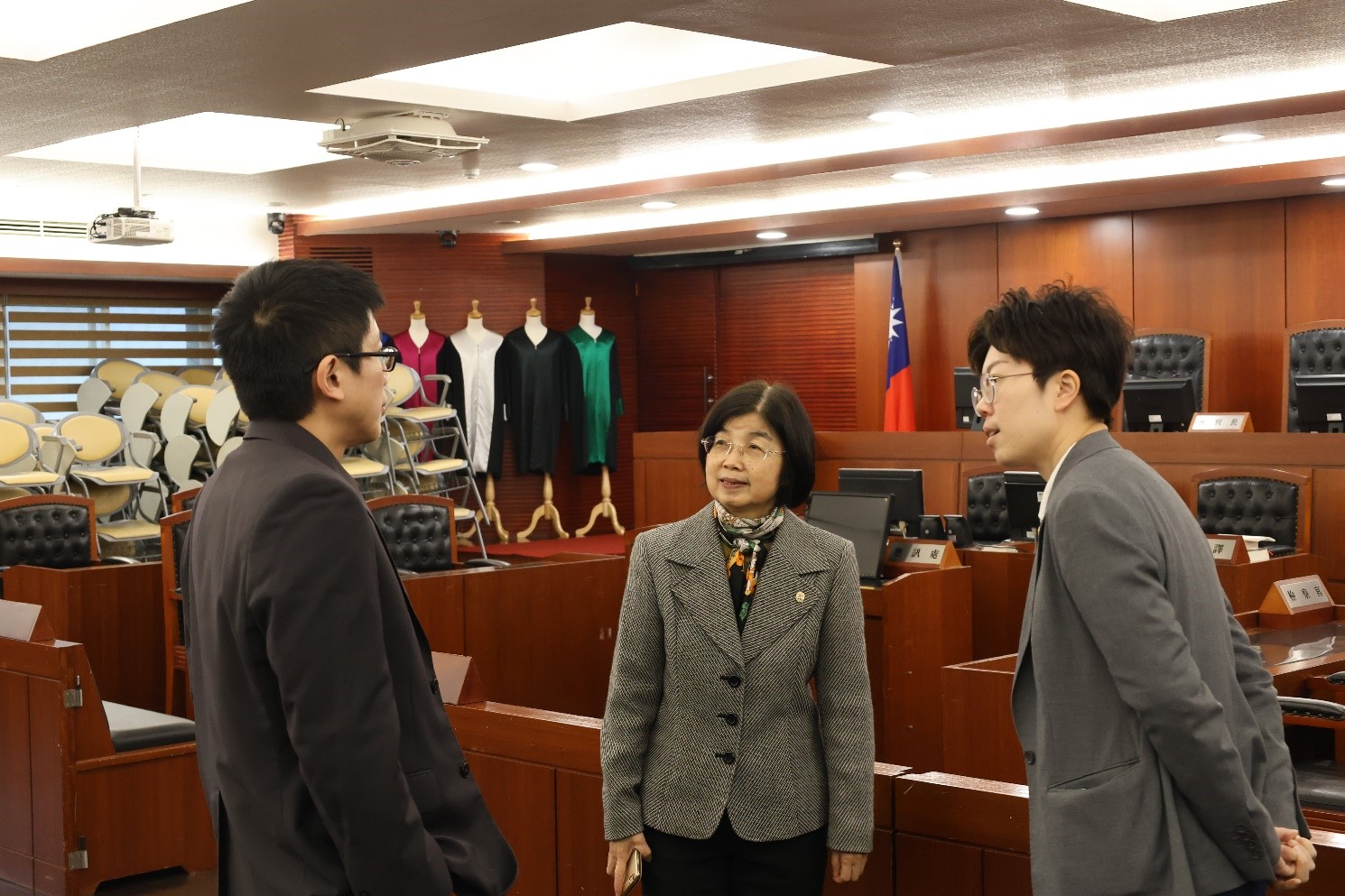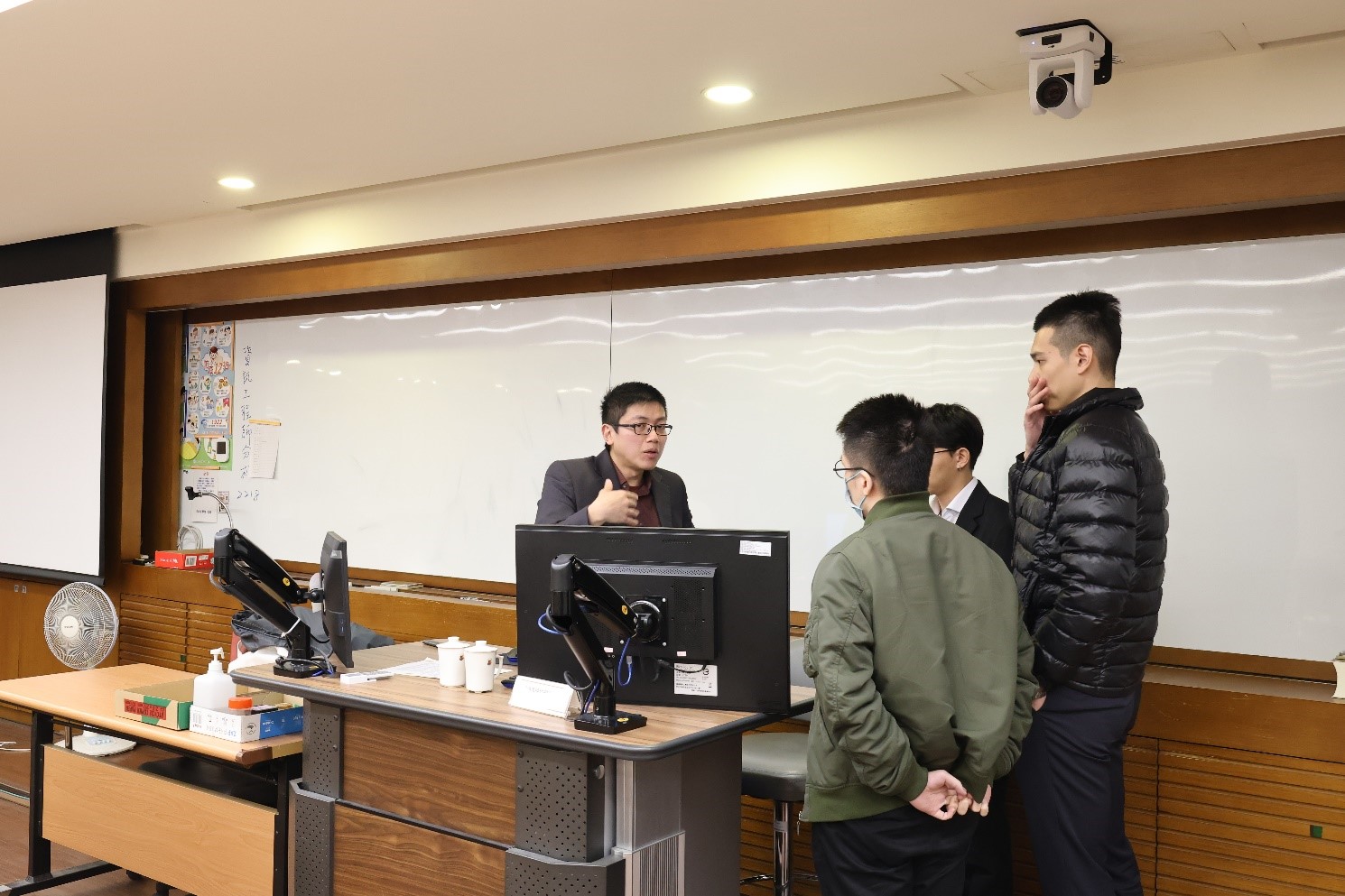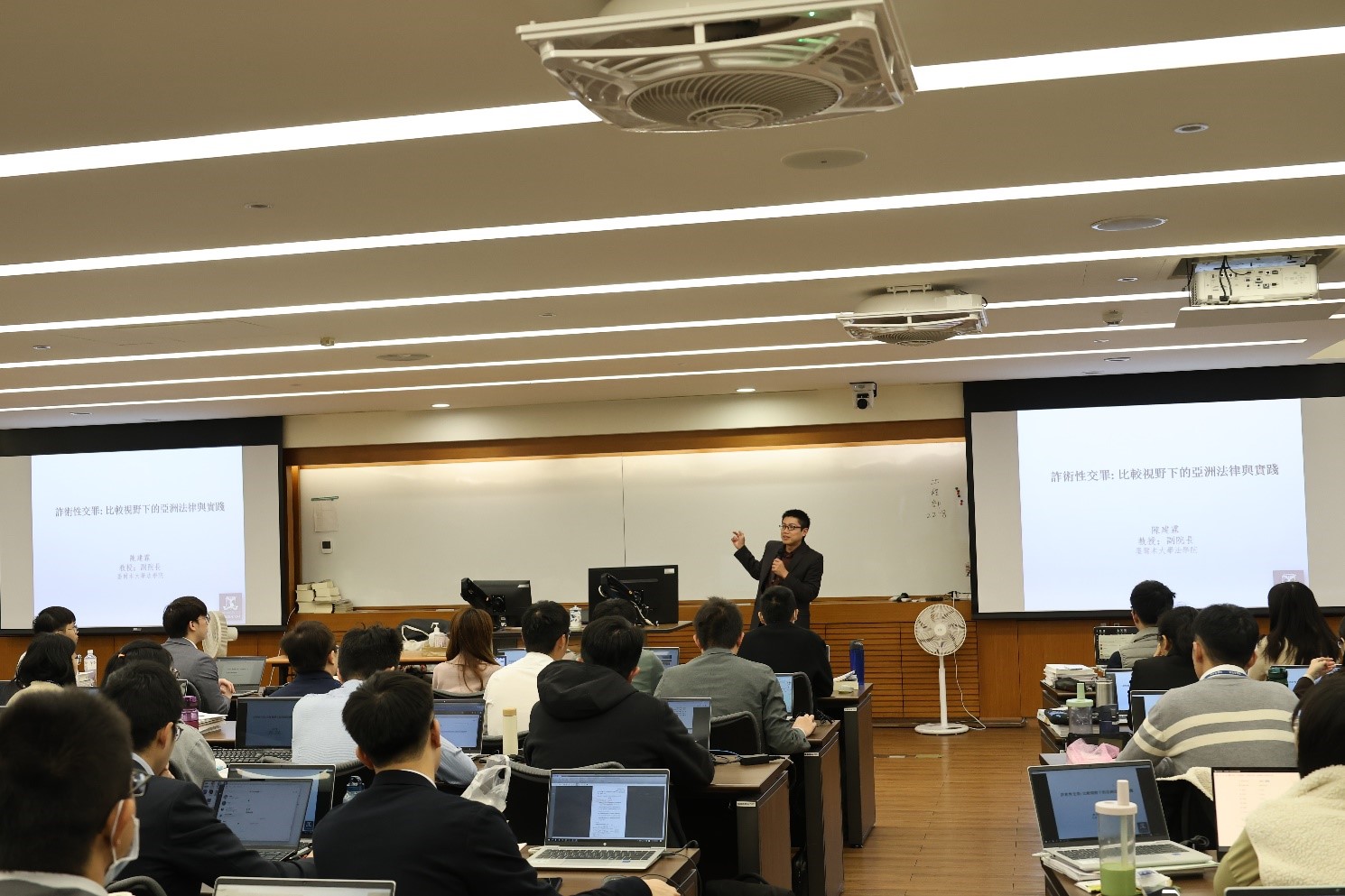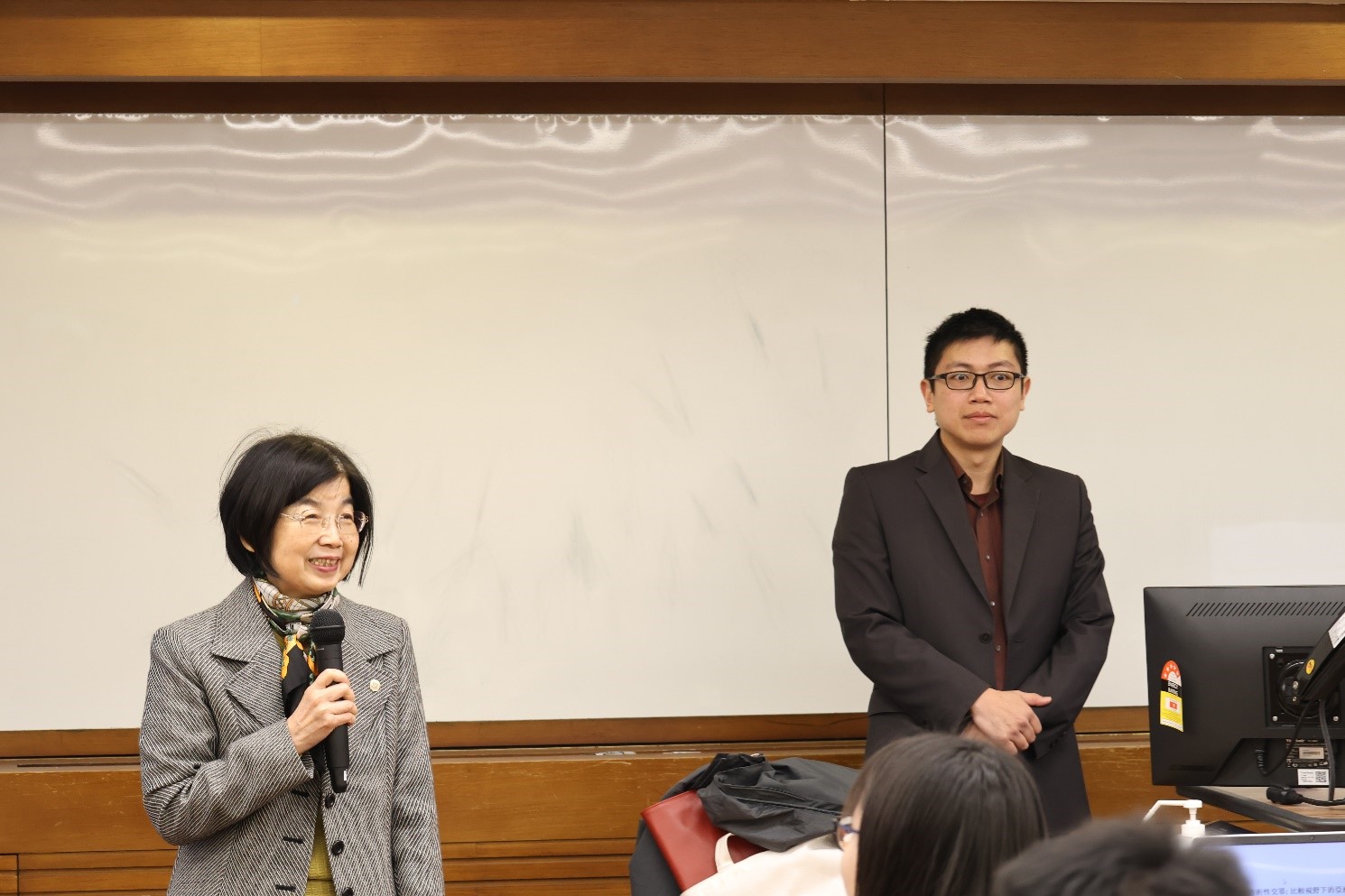The Academy for the Judiciary Welcomed Professor Jianlin CHEN from the Law School of the University of Melbourne, Australia, to Deliver a Special Lecture
- Publication Date:
- Last updated:2024-01-05
- View count:603
To broaden the international perspective of trainees, the Academy for the Judiciary continues to organize international exchange activities. In this instance, Professor Jianlin CHEN, Associate Dean of the Law School at the University of Melbourne in Australia, was invited to give a lecture and engage in discussions with the trainees of the 64th Class of Judicial Education Program. Professor CHEN, who spent part of his childhood in Taiwan and Singapore, obtained his LLB from National University of Singapore, and his LLM and JSD from the University of Chicago. He has since taught at the University of Hong Kong and the Law School of the University of Melbourne, showcasing a well-rounded academic background and extensive experience living in multiple countries.
The topic of this special lecture was "Comparative Fraudulent Sex Criminalization in Asia". Professor CHEN began by guiding the participants through an exploration of how legal systems in civil law jurisdictions (using Taiwan and China as examples) and common law jurisdictions (using Hong Kong and India as examples) regulate fraudulent sex (or sexual fraud) at the legal aspect. Drawing on judicial decisions as a foundation, he delved into how the courts in these jurisdictions practically apply their legal norms in determining cases related to religious fraudulent sex. Professor CHEN shared his observations and analyses regarding the disparities between the legal and practical aspects of this issue. The lecture provided an accessible yet in-depth understanding of Professor CHEN's research findings, explaining profound concepts simply, inspiring and enlightening the participants within the constraints of limited time.
During the Q&A session at the end of the lecture, the attending trainees actively posed questions, benefiting significantly from Professor CHEN's detailed responses. This lively discussion contributed to the successful conclusion of the event. After the lecture, President Li-Ling KER invited Professor CHEN to visit the Academy. Additionally, President KER, Professor CHEN and one of the lecturers for the 64th Class of Judicial Education Program, Head Prosecutor Kuang-Tsung LIANG, together with other participants shared a luncheon at the Academy. During the meal, they engaged in mutual discussions on various topics, including recent legal controversies related to indigenous peoples and the law in Australia and Taiwan, Australia's democratic system, and Taiwan's developments in gender equality.


